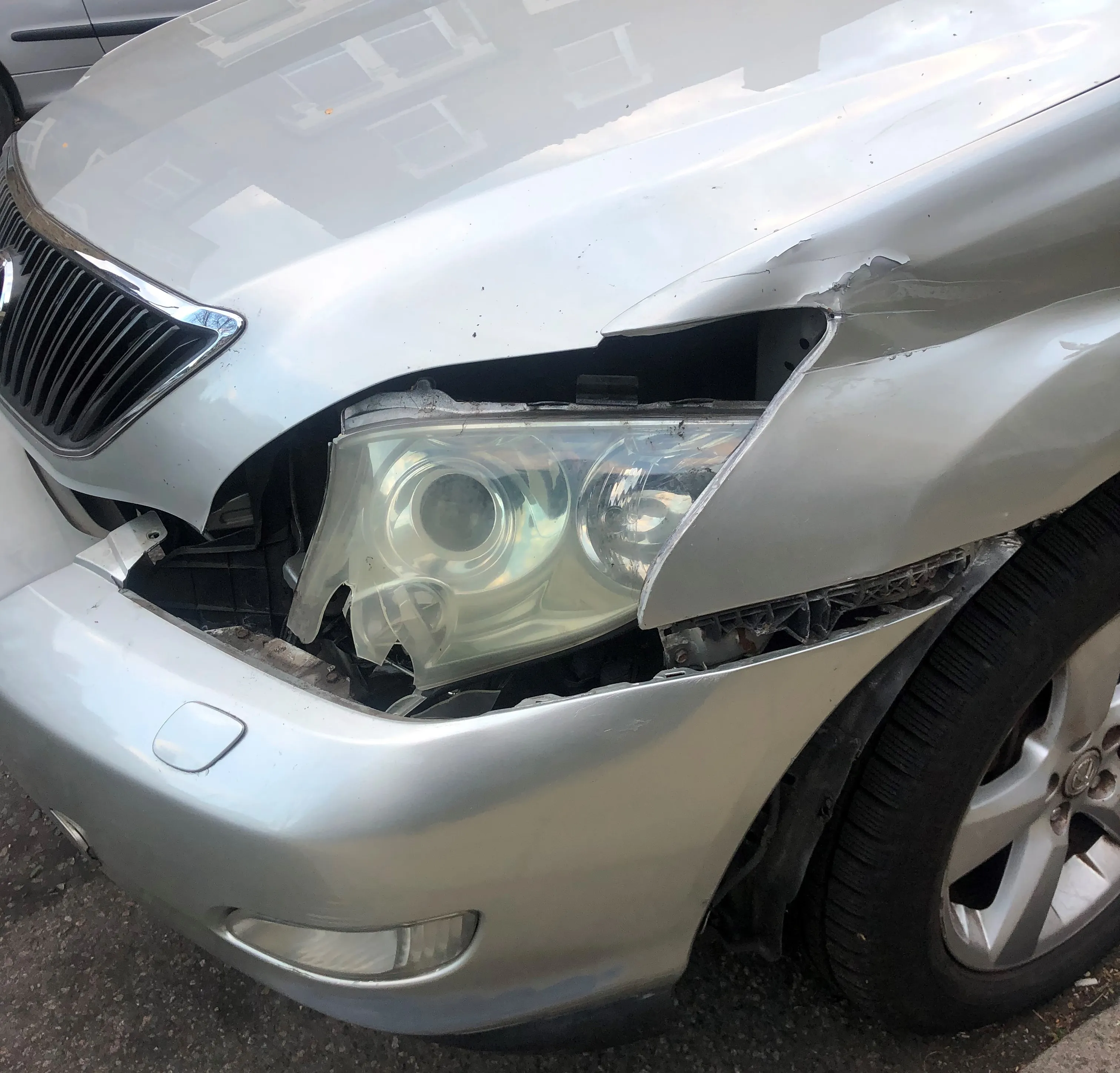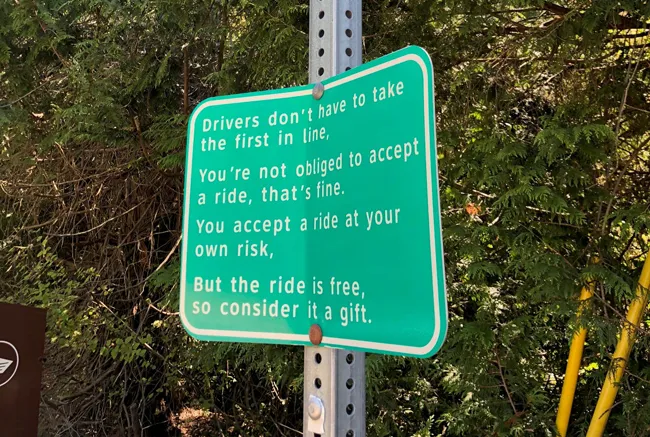Research carried out by Hyundai Motor UK has shown that female drivers are more likely to display anger behind the wheel than male drivers. The recent study was carried out on 1,000 UK drivers. It showed that women are, on average, 12% angrier than men when behind the wheel.
October 20, 2016
Read time: 3 mins
Research carried out by 236 Hyundai Motor UK has shown that female drivers are more likely to display anger behind the wheel than male drivers. The recent study was carried out on 1,000 UK drivers. It showed that women are, on average, 12% angrier than men when behind the wheel.
Researchers found driving sparked ancient ‘defence’ instincts from when humans were hunter-gatherers. These evolutionary traits kicked in during the test when women were either undertaken, shouted or beeped at, had to deal with a back-seat driver or were faced with a road user who failed to indicate. When coping with a back-seat driver the research revealed that women would be 14% angrier while when encountering a driver failing to indicate, the research revealed females would be 13% angrier than males. In all of the test scenarios, women were more likely to respond with anger than male drivers.
The experiment was conducted by Patrick Fagan, a behavioural psychologist from Goldsmiths University London. The research ‘sense tested’ the 1,000 drivers to see how sound, sight, smell, touch and taste provoke emotional responses in different driving scenarios.
The study found there are two dominant emotions: happiness - intrinsically linked to a sense of freedom when driving - and anger when drivers feel out of control. Other key findings include that primary reasons for people continuing to enjoy driving are the freedom it gives us (51%), mobility (19%) and independence (10%). Some 29% of men said they find it easier to have a conversation in the car, while 14% added that a chat makes them a better driver.
Some 54% of British drivers said they enjoy singing while driving, while 84% said they appreciate empty roads. Music also makes drivers happy, with 80% preferring to listen to something while at the wheel, with Meatloaf’s Bat out of Hell and Queen’s Bohemian Rhapsody top of the driving charts.
Explaining the results, Fagan commented: “Psychologically, women score higher than men on emotional and verbal intelligence, and on the personality trait of neuroticism. Evolutionary theory suggests our early female ancestors had to develop an acute sense of danger for anything that threatened them and their young if their cave was undefended while men were out hunting. That ‘early warning system’ instinct is still relevant today, and women drivers tend to be more sensitive to negative stimuli, so get angry and frustrated quicker.”
Tony Whitehorn, Hyundai Motor UK’s president and CEO said, “We are constantly striving to better understand what impacts people’s behaviour when they are driving and this research has certainly revealed some interesting, and somewhat surprising results. By examining drivers’ emotions, our aim is to help them get a better drive both today and in the future.”
Hyundai and Fagan have used data from the research and cutting-edge technology to create the world first Driving Emotion Test (DET). This unique experiment involves facial coding technology, eye tracking analysis, galvanic skin response and a heartrate monitor to record how specific stimuli impact our emotions when we’re driving. The results are then fed into specially-created software to provide subjects with a unique DET score.
Researchers found driving sparked ancient ‘defence’ instincts from when humans were hunter-gatherers. These evolutionary traits kicked in during the test when women were either undertaken, shouted or beeped at, had to deal with a back-seat driver or were faced with a road user who failed to indicate. When coping with a back-seat driver the research revealed that women would be 14% angrier while when encountering a driver failing to indicate, the research revealed females would be 13% angrier than males. In all of the test scenarios, women were more likely to respond with anger than male drivers.
The experiment was conducted by Patrick Fagan, a behavioural psychologist from Goldsmiths University London. The research ‘sense tested’ the 1,000 drivers to see how sound, sight, smell, touch and taste provoke emotional responses in different driving scenarios.
The study found there are two dominant emotions: happiness - intrinsically linked to a sense of freedom when driving - and anger when drivers feel out of control. Other key findings include that primary reasons for people continuing to enjoy driving are the freedom it gives us (51%), mobility (19%) and independence (10%). Some 29% of men said they find it easier to have a conversation in the car, while 14% added that a chat makes them a better driver.
Some 54% of British drivers said they enjoy singing while driving, while 84% said they appreciate empty roads. Music also makes drivers happy, with 80% preferring to listen to something while at the wheel, with Meatloaf’s Bat out of Hell and Queen’s Bohemian Rhapsody top of the driving charts.
Explaining the results, Fagan commented: “Psychologically, women score higher than men on emotional and verbal intelligence, and on the personality trait of neuroticism. Evolutionary theory suggests our early female ancestors had to develop an acute sense of danger for anything that threatened them and their young if their cave was undefended while men were out hunting. That ‘early warning system’ instinct is still relevant today, and women drivers tend to be more sensitive to negative stimuli, so get angry and frustrated quicker.”
Tony Whitehorn, Hyundai Motor UK’s president and CEO said, “We are constantly striving to better understand what impacts people’s behaviour when they are driving and this research has certainly revealed some interesting, and somewhat surprising results. By examining drivers’ emotions, our aim is to help them get a better drive both today and in the future.”
Hyundai and Fagan have used data from the research and cutting-edge technology to create the world first Driving Emotion Test (DET). This unique experiment involves facial coding technology, eye tracking analysis, galvanic skin response and a heartrate monitor to record how specific stimuli impact our emotions when we’re driving. The results are then fed into specially-created software to provide subjects with a unique DET score.







